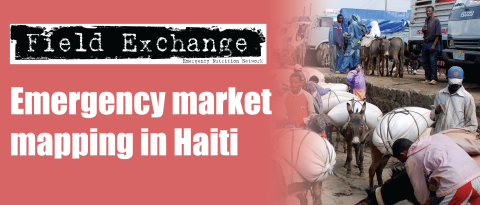Management of Humanitarian Emergencies: Focus on Children and Families
Case Western Reserve University,
Ohio, USA
June 15-19, 2009
Now in its 13th year, this five day course examines the key problems and priorities in disaster situations as they relate to children and their families.
This programme is designed for paediatricians, primary care providers, nurses, public health workers, mental health providers and other professionals interested in training for the care of children and families in disaster situations.
The learning objectives for the programme include the following:
- Develop critical thinking and problem solving skills through problem based learning exercises.
- Identify organisations most frequently involved in providing assistance in disasters and define their roles and strengths.
- Rapidly formulate a plan for epidemiologic assessment and describe the role of triage in prioritising relief efforts.
- Recognise malnutrition and its consequences and plan interventions.
- Define developmental variations of stress reactions in children and age appropriate interventions.
- List basic points of international humanitarian law as they apply to women and children.
- Provide a framework for addressing ethical dilemmas in resource-poor settings.
The course is held at Case Western Reserve University, Cleveland, Ohio, presented by the Rainbow Centre for Global Child Health. The course is supported by the Master of Public Health Programme, Department of Epidemiology & Biostatistics, The Centre for Global Child Health and Diseases, Case Western Reserve University.
For more information, including costs, and to register on-line, visit http://cme.case.edu or contact the Registrar, CME Programme, 10524 Euclid Avenue, Cleveland, OH 44106-6026, USA, tel: +1 (216) 983-1239
Imported from FEX website


